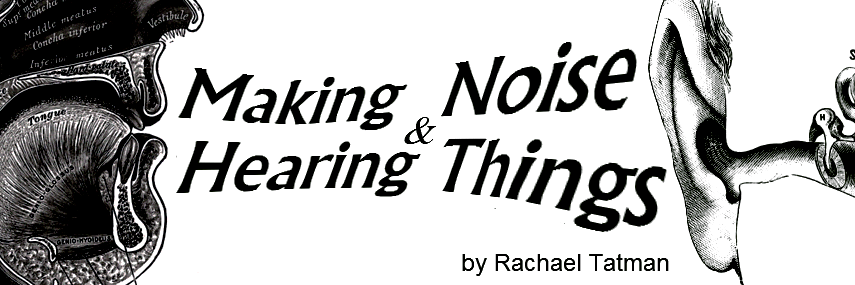So I was recently talking with one of my friends, and she asked me what linguists know about speaking in tongues (or glossolalia, which is the fancy linguistical term for it). It’s not a super well-studied phenomenon, but there has been enough research done that we’ve reached some pretty confident conclusions, which I’ll outline below.

- People don’t tend to use sounds that aren’t in their native language. (citation) So if you’re an English speaker, you’re not going to bust out some Norwegian vowels. This rather lets the air out of the theory that individuals engaged in glossolalia are actually speaking another language. It is more like playing alphabet soup with the sounds you already know. (Although not always all the sounds you know. My instinct is that glossolalia is made up predominately of the sounds that are the most common in the person’s language.)
- It lacks the structure of language. (citation) So one of the core ideas of linguistics, which has been supported again and again by hundreds of years of inquiry, is that there are systems and patterns underlying language use: sentences are usually constructed of some sort of verb-like thing and some sort of noun-like thing or things, and it’s usually something on the verb that tells you when and it’s usually something on the noun that tells you things like who possessed what. But these patterns don’t appear in glossolalia. Plus, of course, there’s not really any meaningful content being transmitted. (In fact, the “language” being unintelligible to others present is one of the markers that’s often used to identify glossolalia.) It may sort of smell like a duck, but it doesn’t have any feathers, won’t quack and when we tried to put it in water it just sort of dissolved, so we’ve come to conclusion that it is no, in fact, a duck.
- It’s associated with a dissociative psychological state. (citation) Basically, this means that speakers are aware of what they’re doing, but don’t really feel like they’re the ones doing it. In glossolalia, the state seems to come and then pass on, leaving speakers relatively psychologically unaffected. Disassociation can be problematic, though; if it’s particularly extreme and long-term it can be characterized as multiple personality disorder.
- It’s a learned behaviour. (citation) Basically, you only see glossolalia in cultures where it’s culturally expected and only in situations where it’s culturally appropriate. In fact, during her fieldwork, Dr. Goodman (see the citation) actually observed new initiates into a religious group being explicitly instructed in how to enter a dissociative state and engage in glossolalia.
So glossolalia may seem language-like, but from a linguistic standpoint it doesn’t seem to be actually be language. (Which is probably why there hasn’t been that much research done on it.) It’s vocalization that arises as the result of a learned psychological stated that lacks linguistic systematicity.
